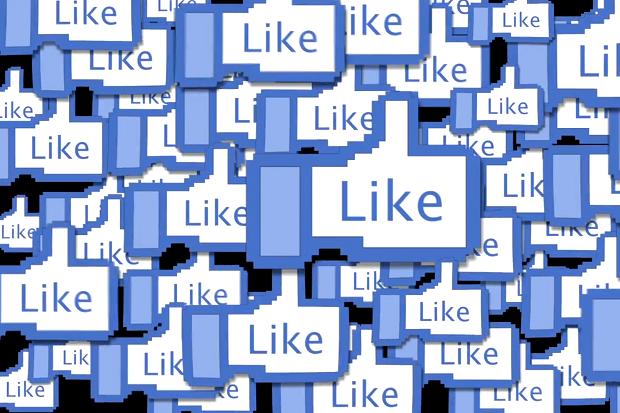
At my presentation a couple of months ago in Buffalo, New York, I noticed something about those who were in attendance that gave me great hope for the future: it was filled with people in positions of authority, the very people who need to take our message seriously in order to create wide and lasting change for animals. There were politicians (senators and supervisors), city managers, corporation counsels, network broadcasters, public interest lawyers, and members of the Board of Directors of other shelters. In the past, most of these people avoided my speaking engagements because I was considered so “controversial.” Not anymore. And with the proliferating number of No Kill communities and with an increasing number of traditional shelter directors attending the No Kill Conference, I feel confident in saying that the tide is turning and we are reaching a new phase in our cause. This is news to celebrate, as these are the people we need to convince to make our dream a reality.
At the same time this is happening, however, I see a trend on the Facebook pages of some No Kill educational organizations which show them moving away from substance just at the time it is needed most. Instead of substantive posts, they are posting photos, videos, and stories of animals designed not to empower, but to amuse as these tend to get large numbers of “likes.” Non-shelter No Kill Facebook pages, if they are to authentically serve the cause they claim to support, should be primarily educational tools, posting material intended to elevate the discussion about shelter killing in the U.S. beyond clichés about pet overpopulation and the importance of spay/neuter. They need to be followed by a dialogue on those posts to answer questions, clarify confusion, respond to comments, and to provide assistance to activists as needed.
This requires effort, and it can often lead to friction, but, in the end, it is a necessary precursor to change. We shouldn’t judge our effectiveness for the animals based on how many “likes” our Facebook page gets, but on how good of a job it is doing educating people about our mission and how good it is at turning animal lovers into advocates who are armed with the knowledge to succeed in their own hometowns. I am not stodgy and uptight and I certainly do not want to come off as a curmudgeon. Nor am I suggesting we should never lighten up or take some of the steam out by embracing our whimsical side. I understand how important it is to laugh, to find joy in what we do. I also understand the need to increase edgerank so that Facebook will show our posts to more people. But we have to be more, much more, because we aren’t going to achieve No Kill by becoming as hollow and devoid of substance as the large national groups. We aren’t going to end the systematic killing of animals in shelters by doing what the large, national groups do: counting “likes” or “retweets” as signs of influence or impact.
Indeed, I find the current trend toward a majority of postings intended to elicit “Aww, how cute” responses as opposed to “I am going to fight for No Kill” disturbing because they are the very type of non-advocacy for companion animals that we exist to fight. They celebrate and elevate mediocrity and they do little to further our cause. In fact, they hinder it by making us appear as lightweights devoid of strength and substance.
It is one thing for shelters to use humor and photographs as a means of finding homes for rescued animals. It is quite another for animal protection advocacy organizations to appeal to the lowest common denominator as a means of increasing the number of followers. For in the end, what does it matter how many followers a page has if those followers aren’t being armed with knowledge? Aren’t being turned into No Kill advocates or supporters? “Like” posts that are funny and ignore those that are serious because Facebook self-selects which posts to show based on who is liking what? I would rather see fewer postings that are thoughtful and eye-opening than so many empty, meaningless ones. That would have the value of not only honing the intended message, but it would also decrease the chances that followers of that page would come to regard postings as nothing more than moments of distraction—a cute video or photo to “like” and go on with their day, ignoring beyond lip-service and hand-wringing the plight of millions of animals systematically being put to death every year in our nation’s so-called “shelters.”
We owe the animals much more than using their images to emotionally manipulate people into “likes” or donations as HSUS, the ASPCA, and others do. We need to arm the activist with the tools he or she needs, inspiring them to the highest aspirations for animals, and empowering them to become effective agents of change. And that means putting an end to the mindless quest for the largest number of “likes” achieved by following the national groups off the cliff into a deep, black void of kitsch.
————-
Have a comment? Join the discussion by clicking here.
Here is my story: www.nathanwinograd.com/?p=11902
And this is my vision: http://vimeo.com/48445902